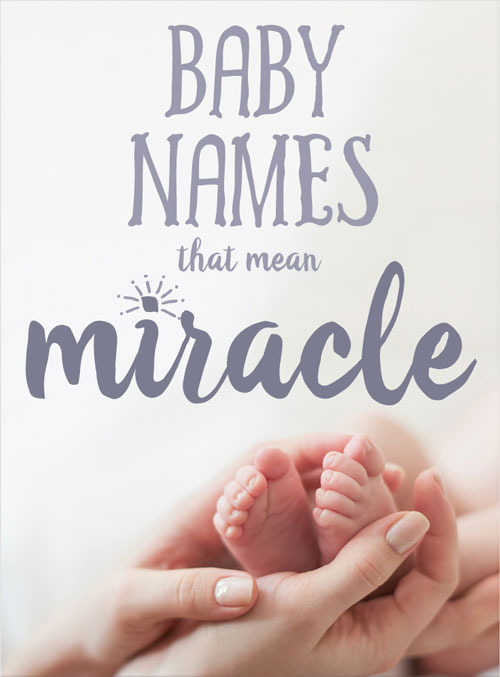
Do you want to know the meaning behind your name? Onomastics or onomatology is the study of proper names of all kinds - including the origins of names. On the other hand, anthroponomastics or anthroponymy is a branch of onomastics. It's the study of "anthroponyms" which originates from the Greek words anthropos (meaning human) and onoma meaning (name). Combined together it means "the names of human beings". The meanings of over 21,000 names, including their origin, are included on this site.
Did you know that the word Mary is a Hebrew term for beautiful? Most names also have a traditional meaning.
Many parents, or any father or mother, can guarantee that choosing the right name for their child/children is neither an easy nor there is a fast rule to it. This is because there is not only a single factor to consider prior to naming a new baby. Thus, they include religion, popularity, namesakes, place of origin, spelling, rhythms/sounds, gender, stereotypes, etc.
As parents, you should consider first if the name for your newborn babies will be a burden for them as they are growing up. There are names that are foreign sounding, hard to spell or pronounce, different entirely from their original meanings, very accentuated, or simply would be a cause for teasing. Thus, it is much preferred to use names with cautions such that naming idiosyncrasies could possibly be avoided at the onset.
Still in some cases, parents keep their religious beliefs in giving names to their children. Some religious individuals traditionally opt for the names of saints such as the name Mary. Did you know that the word Mary is a Hebrew term for beautiful? Most names also have a traditional meaning. As another example, Jewish families have the common practice to name their babies after their deceased family loved ones, whose names are traditionally from the Bible.
Other Christian denominations usually give children names found either in the Old or New Testaments of the Bible. On the other hand, many Muslims prefer to use Islamic names. Of course, there are other world religions that also use the same naming conventions for their family members.

